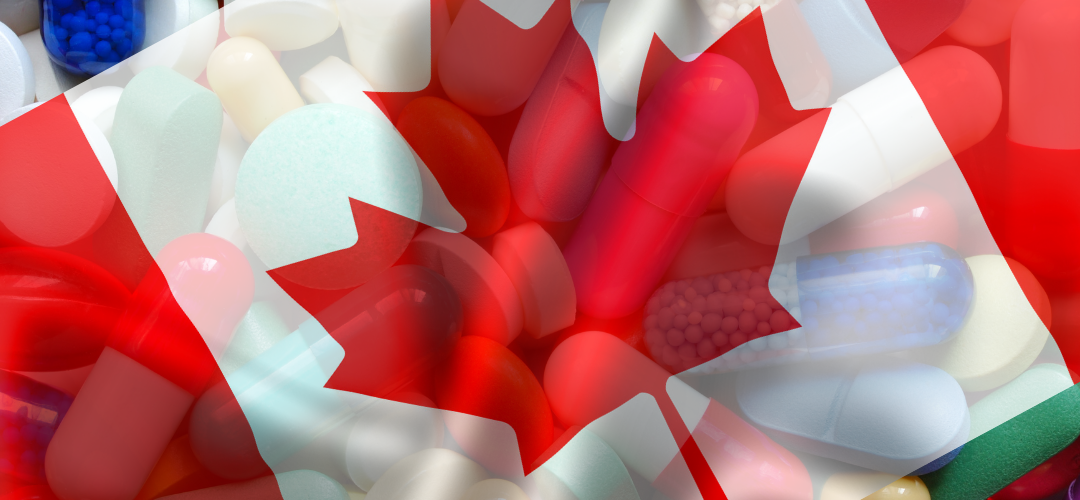by Gabriel Levitt, President, PharmacyChecker.com and Prescription Justice | Dec 18, 2020 | Drug Importation
In its lawsuit to stop wholesale drug importation programs that could help lower U.S. drug prices, the Pharmaceutical Researchers and Manufacturers of America (PhRMA) may be stepping on its toes in helping to allow more personal drug importation. Last month, along with co-plaintiffs Partnership for Safe Medicines (PSM) and Council for Affordable Health Coverage (“CAHC”), PhRMA sued the Department of Health and Human Services (HHS) and the Food and Drug Administration (FDA) to invalidate the certification by the HHS Secretary Alex Azar that drug importation from Canada is safe and will achieve savings for the American consumer.
In late September, Secretary Azar, in a final rule, certified that importing drugs from Canada, subject to Section 804 of the Food, Drug and Cosmetic Act (Section 804), 21 U.S.C. 384, Part L, poses “no additional risk to the public’s health and safety” and will “result in a significant reduction in the cost of covered products to the American consumer.” Those were the two certifications needed to allow a new wholesale drug importation channel.
Section 804 clearly distinguishes between wholesale (“commercial”) importation (subsections b-h) and personal importation (subsection J). As explained below, the standard for allowing personal importation is different. While PhRMA does not want either wholesale or personal importation to lead to lower drug prices, certain legal arguments it employs in its lawsuit may help the cause of expanding personal drug importation. Namely, personal drug imports can be permitted if they don’t pose an “unreasonable risk” to the patient; not so for wholesale imports (drugs that are resold). PhRMA ignores this.
(more…)Tagged with: Alex Azar, cahc, phrma, PSM
by Gabriel Levitt, President, PharmacyChecker.com and Prescription Justice | Dec 10, 2020 | Public Health
Today is Human Rights Day, a day commemorating the United Nations’ 1948 adoption of the Universal Declaration of Human Rights (UDHR). Three years after World War II ended, in the wake of genocide, unprecedented military, deadly armed conflict, and mass deprivation on a global scale, the UN declared that all people in the world have rights that defend the dignity of humankind. Freedom of religion, speech, the right to assemble and own property, protection from discrimination or persecution are all central to human rights. Everyone has these rights “without distinction of any kind, such as race, colour, sex, language, religion, political or other opinion, national or social origin, property, birth or other status.”
These rights are applicable to Americans who can’t afford prescription drugs domestically because the prices are too high. Human rights include access to safe and affordable medicines, such as through importation of a more affordable drug ordered over the Internet.
(more…)Tagged with: brussels principles, human rights
by Gabriel Levitt, President, PharmacyChecker.com and Prescription Justice | Dec 2, 2020 | Drug Importation
Canada issued an interim order on Friday, November 27, preventing drug establishments from exporting products that would risk causing domestic shortages. The press release with quotes from Health Minister Patty Hajdu may be more digestible than the official order.
As I see it, Americans who rely on buying less expensive prescription drugs from Canada should not be too concerned about this new development. The order is directed at companies who distribute drugs via wholesale channels, not pharmacies that dispense drugs directly to patients. Patients in the U.S. with a valid prescription who safely order drugs from pharmacies in Canada do so through licensed retail pharmacies not wholesalers.
(more…)Tagged with: Canada, drug shortages





